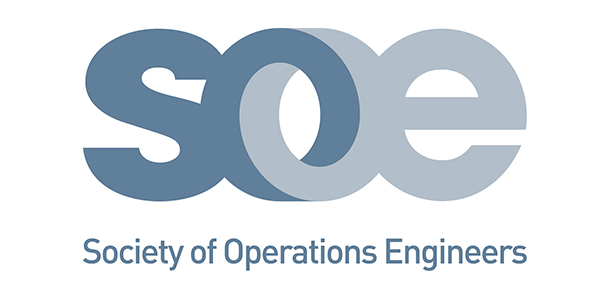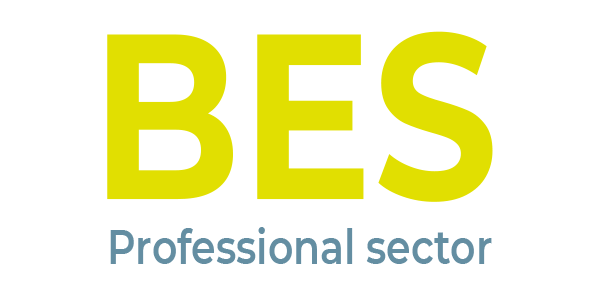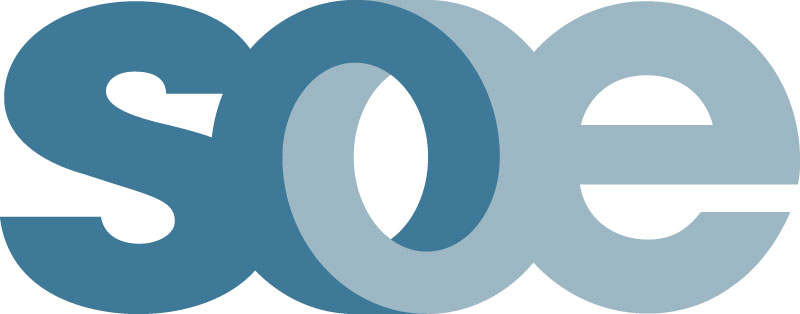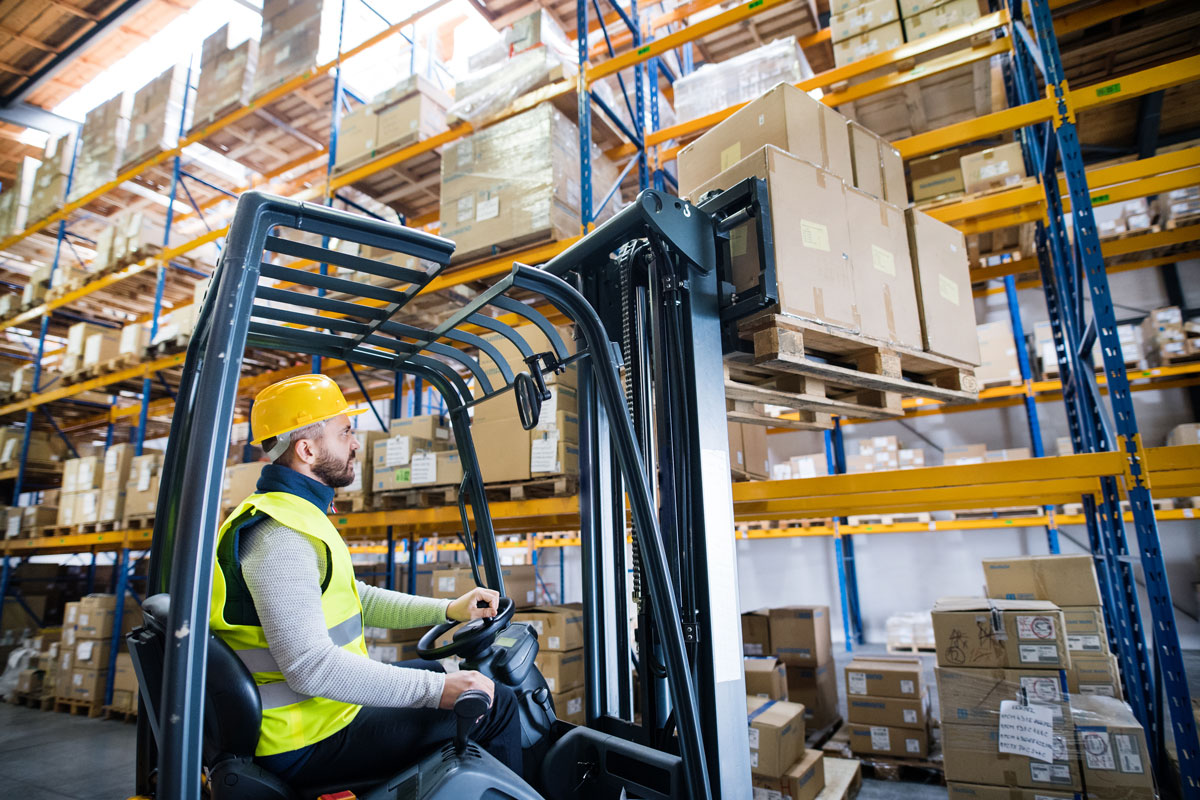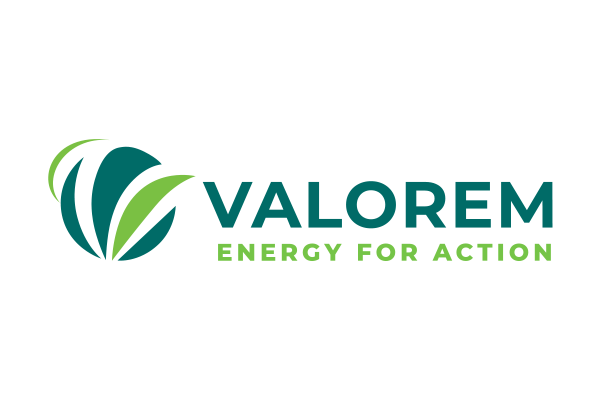LOLER Inspection and Testing
We provide professional LOLER inspection in Kent for a range of businesses within the County and across the nation. In the realm of workplace safety and regulatory compliance, the LOLER (Lifting Operations and Lifting Equipment Regulations) play a crucial role in ensuring the proper functioning of lifting equipment.
Our LOLER testing service emerges as a crucial asset for businesses in Kent, helping to navigating the complex landscape of lifting equipment regulations. By entrusting your LOLER compliance to us, you will fulfil all legal obligations and prioritise the safety and well-being of your workforce in accordance with LOLER regulation 9. The thorough examinations conducted by AV Statutory Inspections serve as a proactive measure, identifying potential issues and mitigating risks before they escalate. In a world where workplace safety is paramount, AV Inspections stand as a reliable partner, committed to excellence in LOLER testing services.
Equipment Included Under LOLER
Under the Lifting Operations and Lifting Equipment Regulations (LOLER) of 1998, a comprehensive range of equipment falls under the mandate for regular testing and examination to ensure the safety and integrity of lifting operations. Our LOLER inspection and testing service covers the extensive list of equipment types as outlined within these guidelines, which are emphasised as needing a ‘thorough examination by competent persons’. Below is a list of the most common types of equipment that are legally required to have professional inspections.
Fork-Lift Trucks
Fork-lift trucks are commonly used in various industrial settings for lifting and moving heavy loads. LOLER regulations recognize the significance of ensuring the proper functioning and safety of these trucks, necessitating regular testing and examination. This includes an assessment of the lifting mechanisms, safety features, and overall structural integrity.
Lifting Accessories & Equipment
The term “lifting accessories” encompasses a broad spectrum of equipment used in conjunction with lifting operations. This can include slings, chains, hooks, and any other attachments or accessories used to anchor, fix, or support loads during lifting. LOLER mandates the examination of these accessories to guarantee their fitness for purpose and to identify any potential risks associated with their use.
Cranes – Gantry / Jib / Mobile / Tower / Crawler / Truck Mounted
LOLER regulations specifically address various types of cranes, recognising their diverse applications in industries such as construction, manufacturing, and logistics. This category includes gantry cranes, jib cranes, mobile cranes, tower cranes, crawler cranes, and truck-mounted cranes. The regulations stipulate that each type of crane undergoes regular testing and examination to assess their structural integrity, lifting mechanisms, and safety features.
Excavators
Excavators, commonly used in construction and excavation activities, are subject to LOLER regulations due to their lifting capabilities. The regulations require a thorough examination to ensure that the lifting components of excavators, such as buckets and lifting arms, meet the necessary safety standards and are fit for use.
Vehicle Motor Lifts
Vehicle motor lifts, utilised in automotive maintenance and repair facilities, are included in the LOLER regulations. These lifts are used to elevate vehicles for various tasks, and LOLER mandates regular testing and examination to assess their lifting mechanisms, stability, and safety features. This is crucial to prevent accidents and ensure the well-being of workers.
Building Maintenance Units
Building maintenance units, often employed in high-rise structures for tasks like window cleaning and exterior maintenance, are subject to LOLER regulations. The regulations require a thorough examination of these units to verify the integrity of their lifting mechanisms, safety devices, and overall structural stability. This is essential to guarantee the safety of workers operating at heights.
It’s important to note that LOLER regulations are not limited to the above mentioned equipment types. The inclusion of the phrase “but not limited to” in the regulations signifies the broad scope of equipment covered. Any equipment used at work for lifting or lowering loads, along with accessories supporting these operations, falls under the purview of LOLER regulations and is something we can inspect for full compliance. This comprehensive approach aims to ensure that all lifting equipment across various industries undergoes regular examination, contributing to a safer working environment and minimising the risks associated with lifting operations.
LOLER Inspection & Testing Services
Our inspection process is meticulous and systematic. It begins with our team of competent professionals undertaking a full assessment of the specific lifting equipment in use and then determine the appropriate inspection frequency in line with LOLER 1998. The required ‘Thorough Examination’ is then conducted with precision, leaving no stone unturned in assessing the equipment’s condition, safety features, and overall compliance with statutory regulations.
Expertise and Competence
Our team comprises competent individuals with a deep understanding of LOLER regulations. Their expertise ensures that inspections are conducted with precision, identifying potential issues before they become hazards.
Customised Inspection Plans
Recognising that different businesses have different needs, we tailor inspection plans to the specific requirements of each client. This ensures that the examination is relevant and effective for the type of lifting equipment in use.
Comprehensive Documentation
We understand the importance of documentation in regulatory compliance. We provide detailed reports of the ‘Thorough Examination’, outlining findings, recommendations, and a clear indication of LOLER compliance status.
Frequently Asked Questions
Here is a list of the most common questions customers ask us about LOLER testing and inspections.
What is a LOLER inspection?
LOLER, enacted in 1998, outlines the legal requirements for the use of lifting equipment in the workplace. One of the key provisions is Regulation 9, which mandates a ‘Thorough Examination’ of all work equipment used for lifting. AV Inspection, as a competent provider, takes on the responsibility of conducting these examinations for a diverse range of businesses nationwide.
How do LOLER inspections work?
A LOLER inspection is not a one-size-fits-all process; it encompasses a wide array of lifting equipment. AV Inspection’s LOLER inspection service in Kent extends to various types of equipment, including but not limited to forklift trucks, lifting accessories and equipment, cranes (gantry, jib, mobile, tower, crawler, truck-mounted), excavators, and vehicle motor lifts. Even building maintenance units fall under the purview of LOLER inspection, highlighting the thoroughness and inclusivity of AV Inspection’s services.
What are my responsibilities?
The duty holder, typically the employer or business owner, shoulders the responsibility of ensuring that LOLER regulations are adhered to. This includes organising and overseeing thorough examinations at appropriate intervals as specified by LOLER 1998. AV Inspection, through its LOLER inspection services, collaborates with duty holders to confirm inspection frequencies, conduct thorough examinations, and ensure ongoing LOLER compliance.
Why should I choose AV Inspections?
AV Statutory Inspections distinguishes itself as a reliable partner for businesses seeking LOLER compliance. With a team of competent professionals, AV Inspection provides more than just inspections; we offer a comprehensive service that goes beyond the regulatory requirements. By choosing AV Inspection, businesses gain a trusted ally committed to ensuring the safety and efficiency of their lifting equipment.
